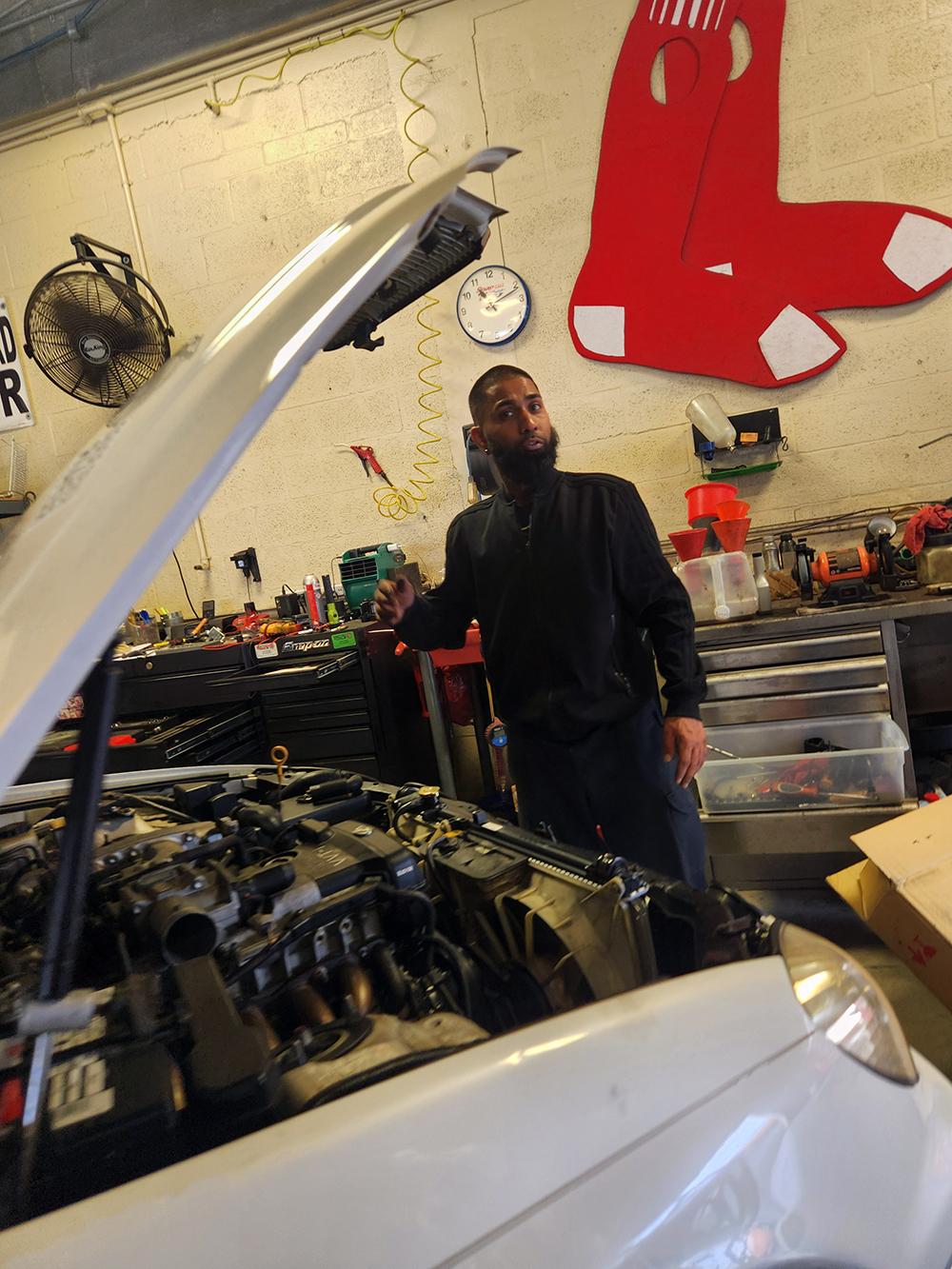All Categories
Featured

Understanding the elements that influence the expense of these repair services is vital for vehicle owners that desire to be prepared for the unforeseen. From the type of fixing required to the make of your vehicle, a number of key elements can figure out exactly how much you'll pay for repair work.
- Type of Repair work. The nature of the repair plays a pivotal function in the expense. Simple repair services, such as replacing a stimulate plug or brake pads, are normally less costly because they call for fewer components and less labor. On the other hand, repair services that involve complex systems like the transmission, engine, or electrical systems often tend to be a lot more expensive. These repair services typically require more specialized parts and proficiency, causing greater labor fees. Furthermore, if the repair service involves taking apart several parts, the labor prices can climb substantially.
- Make and Model of Your Automobile. The make and version of your automobile have a considerable influence on the rate of repairs. Luxury and foreign lorries, such as BMWs, Audis, and Mercedes-Benz, usually included higher repair costs because of their specialized components and the proficiency needed to work with them. On the other hand, more usual automobiles like Ford or Toyota typically have less costly components and are less complicated for mechanics to service, which reduces fixing prices. Additionally, some automobiles may need specialized diagnostic tools or software program for sure repair services, contributing to the total expenditure.
- Parts Availability and High Quality. The expense of the components required for the repair is an additional major aspect. If you need initial devices maker (OEM) parts, you can expect to pay more, as these are made particularly for your vehicle. While OEM components provide a higher level of quality and reliability, they feature a premium price. Aftermarket components-- those made by third-party manufacturers-- are typically less costly, however might not always match the top quality or toughness of OEM parts. The rarity of parts, especially for older or specialized lorries, can additionally increase the expense, as finding appropriate replacements can take some time and initiative.
- Labor Prices. Labor costs are among the largest factors to the general price of cars and truck repairs. These costs differ by region and repair work store, with metropolitan locations normally billing greater rates as a result of above costs. Mechanic expertise additionally affects labor costs-- more seasoned or customized service technicians often tend to bill even more for their services. The intricacy of the repair work additionally contributes; repair work that call for even more time or specialized expertise, such as working with an engine or electrical system, will certainly lead to higher labor costs. Labor is typically billed on a hourly basis, and some fixings can take a number of hours to complete.
- Level of the Damages. The seriousness of the damage to your vehicle is one more vital consider figuring out repair service expenses. The repair may be reasonably economical if the problem is restricted and minor to one part of the car. If the damages is extensive and requires several parts to be changed or repaired, the expense will increase. For example, a broken timing belt might need replacing other engine elements that were harmed at the same time, making the fixing a lot more expensive and complicated. When major systems like the transmission or engine are impacted, the repair service price can escalate promptly due to the number of parts and the labor included.
- Automobile Age and Problem. Older cars often tend to require even more regular repairs, and as parts wear out over time, the price of those repairs can enhance. In addition, components for older models might be more challenging to find, which can increase both the cost and time needed for repairs.
- Area of the Service Center. The area of the repair service shop can also affect the price of car repairs. In addition, car dealerships often bill more for repair work compared to independent fixing stores, although dealers might utilize OEM parts and provide specific service for your make and design.
- Insurance Coverage and Guarantee Protection. If your vehicle is still under warranty, several significant repair services may be covered by the supplier, which can conserve you a substantial quantity of cash. Sometimes, expanded service warranties or service strategies can help cover repairs for sure components of the car. Additionally, if the repair work is a result of an accident, your auto insurance plan might cover the expense. Make sure to inspect the regards to your insurance coverage or service warranty plan to recognize what repair services are covered and what you might need to pay for out-of-pocket.

Conclusion. A number of aspects influence the price of significant auto repairs, consisting of the kind of repair, the make and model of your automobile, the top quality of the components used, and labor costs. Recognizing these aspects can assist you better prepare for repair service expenses and make even more enlightened choices when it's time for a significant repair.
Latest Posts
Why Regular Vehicle Maintenance at Montclare Auto Repair Saves You Money
Published Jun 01, 25
1 min read
Discover WyHy Federal Credit Union – Key Advantages for Your Future
Published May 27, 25
1 min read
Why Chicago Drivers Trust Montclare Auto Repair for Reliable Service and Huge Savings
Published May 21, 25
1 min read
More
Latest Posts
Why Regular Vehicle Maintenance at Montclare Auto Repair Saves You Money
Published Jun 01, 25
1 min read
Discover WyHy Federal Credit Union – Key Advantages for Your Future
Published May 27, 25
1 min read
Why Chicago Drivers Trust Montclare Auto Repair for Reliable Service and Huge Savings
Published May 21, 25
1 min read